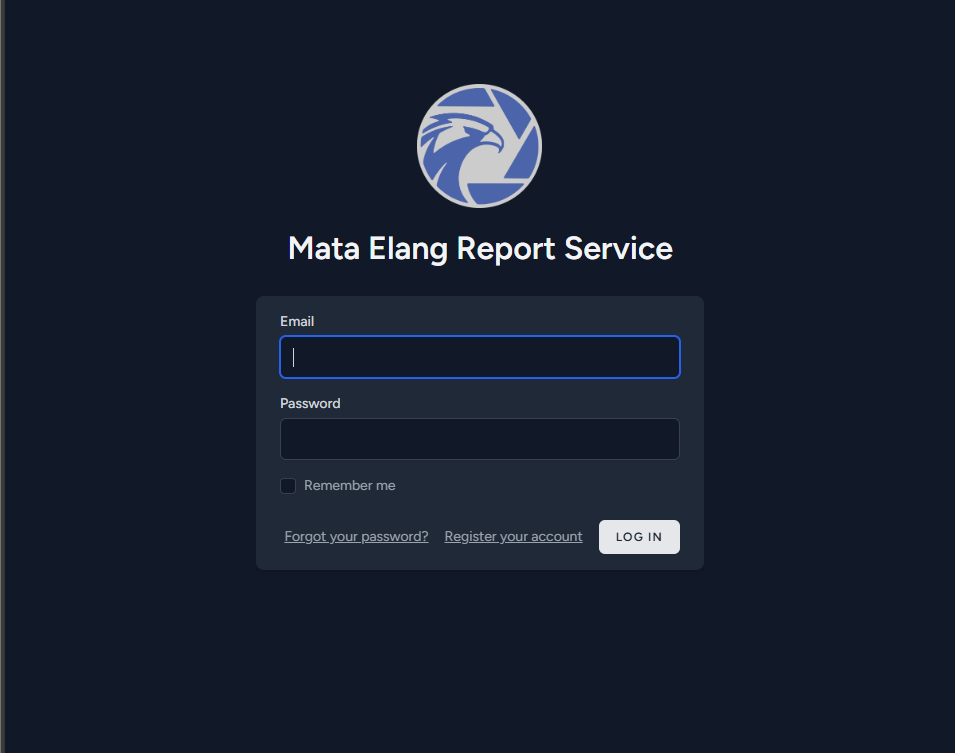Installation and Configuration
Prerequisite
✅ Defense Center installed. Defense Center Installation.
Configurating and Installing Report Generator
▶️ All files about Report Generator are inside defense Center folder. Access through it and open .env.
cd example-docker-deployment/defense_center
🔑 .env.example default variable values:
# APP_KEY is a random string generated by Laravel. It is used to encrypt user sessions and other sensitive data.
# Generate a new key by running `php artisan key:generate --show` and update the APP_KEY value in the .env file.
APP_KEY=
Download GeoLite2 database
- GeoLite2 City and ASN Database in mmdb format.
Preparation
Place GeoLite2 Databases: Place the GeoLite2 City and ASN databases in the geoip directory.
cp /path/to/GeoLite2-City.mmdb files/GeoLite2-City.mmdb
cp /path/to/GeoLite2-ASN.mmdb files/GeoLite2-ASN.mmdb
Note: The filename for the GeoLite2 City and ASN databases should be
GeoLite2-City.mmdbandGeoLite2-ASN.mmdbrespectively. Otherwise, you need to update the compose.reporting.yml volume .
▶️ Find defense_center folder, and check for its contained files.
Installing Report Generator Service
▶️ After you done configurating .env, pull the report generator image.
cd docs/defense_center
docker compose -f compose.reporting.yml pull
Wait until pull process is complete.
▶️ After pulling process is complete, you can start the services by following this command.
docker compose -f compose.reporting.yml up -d
▶️ Check the container whether it's already running or not.
docker compose -f compose.yml ps -a
🔑 You shall expect this kind of result.
NAME IMAGE COMMAND SERVICE CREATED STATUS PORTS
mataelang-chromium-1 zenika/alpine-chrome "chromium-browser --…" chromium 5 days ago Up 5 days
mataelang-iplookup-api-1 ghcr.io/mata-elang-stable/iplookup-api:latest "/app/main" iplookup-api 5 days ago Up 5 days 3000/tcp
mataelang-pgsql-1 postgres:17 "docker-entrypoint.s…" pgsql 5 days ago Up 5 days 5432/tcp
mataelang-redis-1 valkey/valkey:8 "docker-entrypoint.s…" redis 5 days ago Up 5 days 6379/tcp
mataelang-report-api-1 ghcr.io/mata-elang-stable/report-api-service:latest "/var/www/html/start…" report-api 5 days ago Up 5 days 9000/tcp
mataelang-report-command-service-1 ghcr.io/mata-elang-stable/report-command-service:latest "/go/bin/app" report-command-service 5 days ago Up 5 days
Setting Up Laravel APP_KEY
1. Generate APP_KEY inside the container
▶️ Run the following command
docker exec -it mataelang-reporting-report-api-1 php artisan key:generate --show
It will output something like:
base64:xxxxxxxxxxxxxxxxxxxxxxxxxxxxxxxxx=
2. Manually Add APP_KEY to .env file
Edit .env file and add the generated key:
APP_KEY=base64:NXcGt92Q+5yl5Vf9P6aE3s6M4hSdfgL5pBYmDQu9OUU=
3. Restart the Container
To apply the changes, restart the report-api service:
docker compose -f compose.reporting.yml down
docker compose -f compose.reporting.yml up -d
4. Verify the APP_KEY
Check if Laravel correctly loads the APP_KEY:
docker exec -it mataelang-reporting-report-api-1 sh -c "cat /var/www/html/.env | grep APP_KEY"
If the output contains the correct APP_KEY, Laravel should work without errors.
Checking Your Report Generator Service
▶️ Open your browser and insert https://[YOUR_IP_ADDRESS]:8085
🔑 You shall expect to see Report Generator Login Page.
